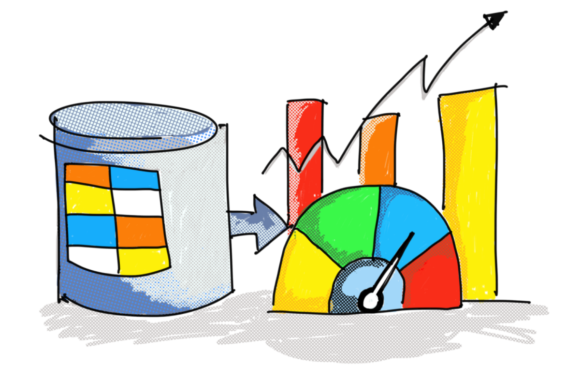The biggest battle that you might face in an organization is to get management to the point where they agree that data quality is a goal worth considering.
Everyone talks about data, but many often confuse it with information and knowledge. Basically, data is a company's core assets that must be synthesized into information before it can function as a basis for knowledge in organizations. You can navigate various online sources and find more about data quality assessment
However, data is everywhere – it is used to support every aspect of the business, and is an integral component of every major business process.
However, erroneous data cannot produce useful information, and knowledge built on invalid information can lead organizations to disaster situations.

As such, the usefulness of the data is only as good as the data itself – and this is where many organizations experience problems.
Many organizations do not recognize or accept poor quality status from their data, and instead try to turn attention to the errors that are supposed to be in their respective systems or processes.
For these organizations, data denial has practically become an art form, in which frightening corporate barriers have been built – usually over a long period of time – to avoid the call to start "real" data quality improvement initiatives.
However, we have found that the best way to measure the extent to which your organization might deal with data rejection is to ask the following key questions:
- Do you know of any Data Quality issues in your company?
- Are there existing processes that do not function as they were originally designed?
- Do people avoid, the system for completing their work?